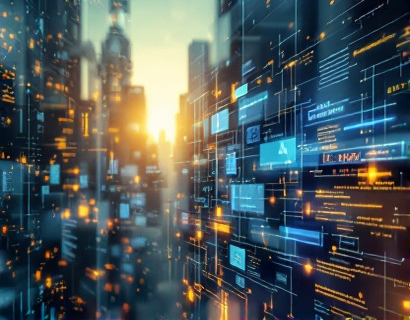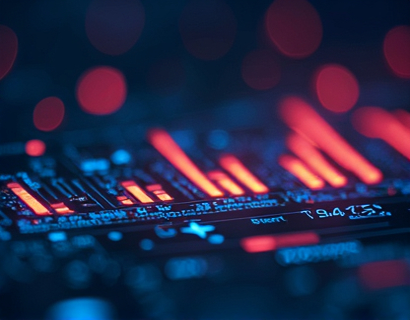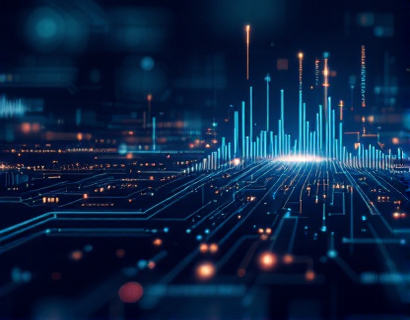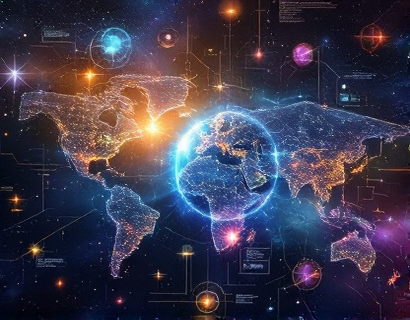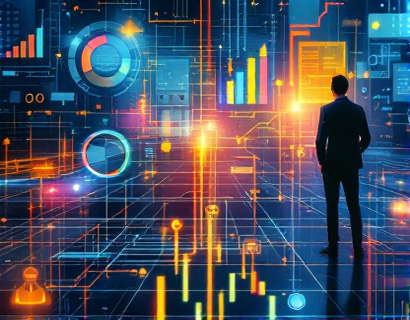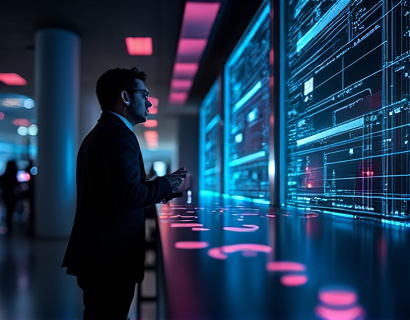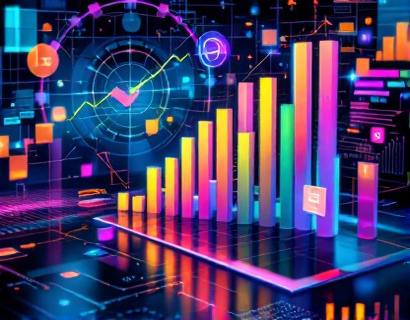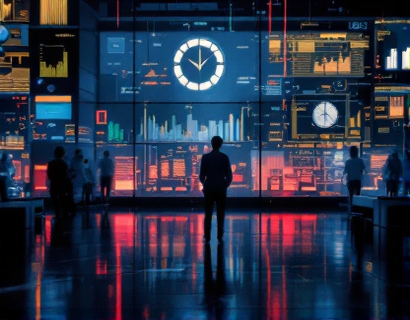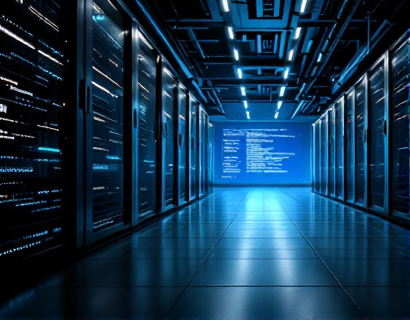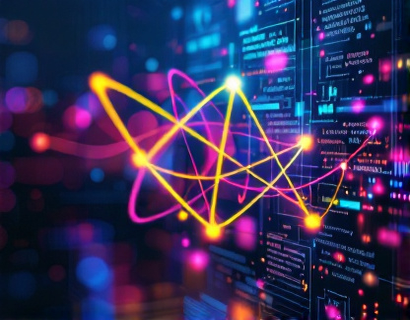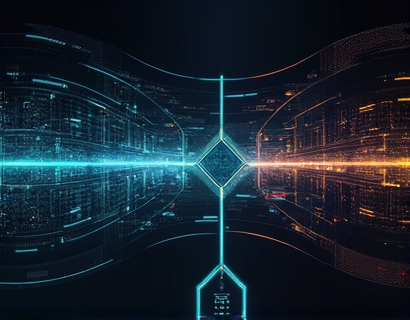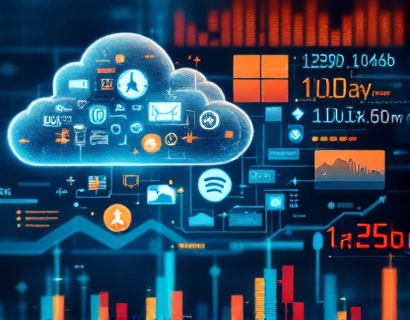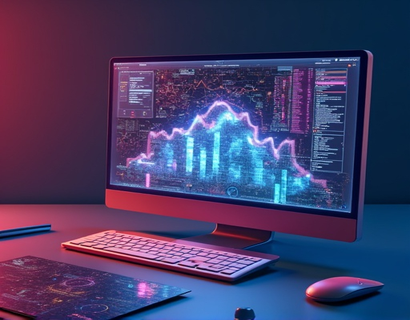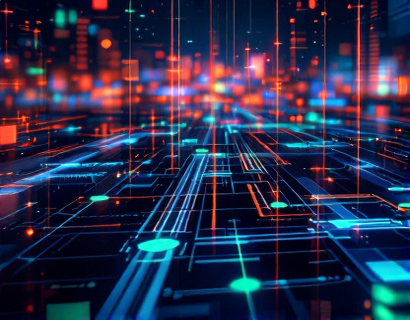The Synergy of AI and Crypto: Revolutionizing Ucosystem Engagement
The integration of artificial intelligence (AI) and cryptocurrency is ushering in a new era of digital transformation, particularly within the Ucosystem. This synergy is not just a technological advancement but a paradigm shift that is redefining how users engage with digital platforms and services. By combining the predictive power of AI with the decentralized and secure nature of cryptocurrency, the Ucosystem is evolving into a more interactive, personalized, and efficient environment.
The Ucosystem, a term used to describe the interconnected network of blockchain-based applications and services, has traditionally focused on providing decentralized solutions for various industries. However, the introduction of AI has elevated this ecosystem to unprecedented levels of sophistication. AI algorithms can analyze vast amounts of data to offer deep insights, predict user behavior, and automate complex processes, all of which are crucial for enhancing user experience in the digital space.
Enhanced User Insights and Personalization
One of the most significant benefits of AI in the Ucosystem is the ability to gather and analyze user data to create highly personalized experiences. AI-driven analytics can process transaction histories, user preferences, and behavioral patterns to offer tailored recommendations and services. This level of personalization not only improves user satisfaction but also increases engagement and loyalty.
For instance, AI can identify patterns in cryptocurrency trading behavior to suggest optimal trading strategies or alert users to potential market trends. In decentralized applications (dApps), AI can customize user interfaces and functionalities based on individual preferences, making the user experience seamless and intuitive. This personalized approach is particularly valuable in a decentralized environment where users expect a high degree of control and customization.
Smart Contracts and AI-Driven Automation
Smart contracts, a cornerstone of blockchain technology, are being enhanced by AI to automate and optimize various processes within the Ucosystem. AI can analyze contract conditions and execute actions based on real-time data, ensuring that transactions are not only secure but also efficient. This automation reduces the need for intermediaries, lowering costs and increasing transaction speeds.
In the context of decentralized finance (DeFi), AI-driven smart contracts can dynamically adjust parameters such as interest rates, loan terms, and risk assessments based on market conditions. This adaptability ensures that users always have access to the most favorable terms, enhancing the overall user experience and trust in the system.
Fraud Detection and Security Enhancements
Security is a paramount concern in the cryptocurrency space, and AI plays a crucial role in fortifying the Ucosystem against fraudulent activities. Machine learning algorithms can detect anomalies and patterns indicative of fraudulent behavior, such as unusual transaction volumes or suspicious account activities. By identifying these threats in real-time, AI can trigger alerts and automated responses to mitigate risks.
Moreover, AI can enhance the security of cryptocurrency wallets and exchanges by implementing advanced biometric authentication and behavioral analysis. These measures ensure that only authorized users can access sensitive information and perform transactions, providing a robust defense against cyber threats.
Decentralized AI Marketplaces
The convergence of AI and cryptocurrency has also given rise to decentralized AI marketplaces, where developers and businesses can buy, sell, and trade AI models and data sets. These platforms leverage blockchain technology to ensure transparency, ownership, and fair compensation for AI creators. AI models can be tokenized, allowing for fractional ownership and easier access to powerful AI tools.
In these marketplaces, AI models can be used to develop custom dApps, optimize business processes, or enhance user experiences. The decentralized nature of these platforms ensures that users have control over their data and AI resources, fostering a more democratic and inclusive ecosystem.
Enhanced Data Privacy and User Control
Data privacy is a critical issue in the digital age, and the combination of AI and cryptocurrency offers innovative solutions to protect user data. Blockchain's inherent transparency and immutability, coupled with AI's data anonymization techniques, can create a secure environment where users have full control over their personal information.
AI can help anonymize sensitive data before it is stored on the blockchain, ensuring that user privacy is maintained while still allowing for valuable insights to be derived from the data. Additionally, AI-powered consent management systems can streamline the process of granting and revoking permissions, giving users granular control over how their data is used.
Community Engagement and Governance
The Ucosystem thrives on community involvement, and AI is enhancing this aspect by facilitating more effective communication and governance. AI-driven chatbots and virtual assistants can handle routine inquiries, freeing up community managers to focus on more complex issues. These AI tools can also analyze community feedback and sentiment, providing valuable insights for decision-making.
In decentralized governance models, AI can assist in the voting process by analyzing proposals, predicting outcomes, and ensuring the integrity of the voting system. This not only increases transparency but also builds trust among community members, fostering a more cohesive and active user base.
Future Prospects and Challenges
The synergy between AI and cryptocurrency holds immense potential for the future of the Ucosystem. As technology continues to evolve, we can expect even more innovative applications and integrations. However, this path is not without challenges. Issues such as scalability, regulatory compliance, and the ethical use of AI must be addressed to ensure sustainable growth.
Scalability remains a significant hurdle, as both AI and blockchain technologies require substantial computational resources. Developing more efficient algorithms and infrastructure is essential to support the growing demands of the Ucosystem. Regulatory frameworks must also adapt to the unique characteristics of AI and cryptocurrency to provide clear guidelines and protections for users and businesses.
Ethically, the use of AI in the Ucosystem must be guided by principles of fairness, transparency, and accountability. Ensuring that AI systems do not perpetuate biases or harm users is crucial for maintaining trust and integrity within the ecosystem.
Conclusion
The integration of AI and cryptocurrency is transforming the Ucosystem into a more engaging, secure, and personalized digital environment. By leveraging the strengths of both technologies, the Ucosystem is setting a new standard for connectivity and innovation. As this synergy continues to evolve, it promises to unlock new opportunities and drive the next wave of digital transformation.




